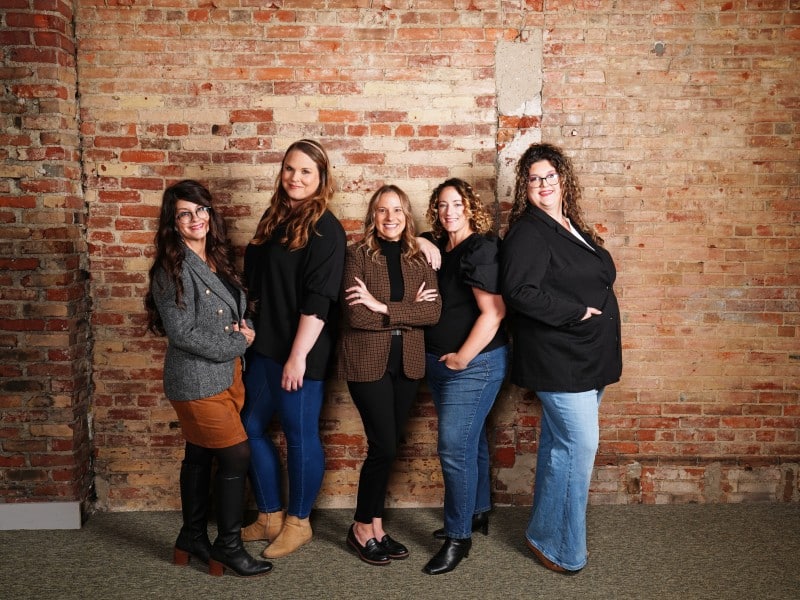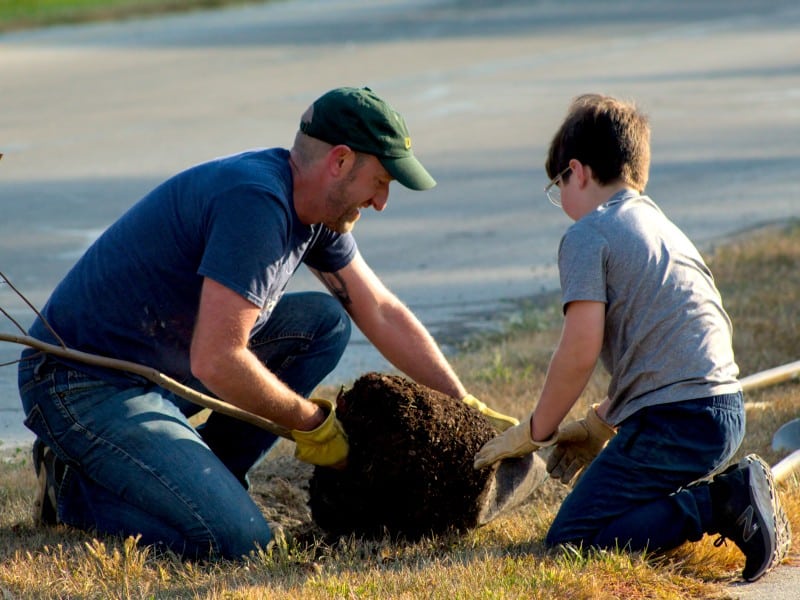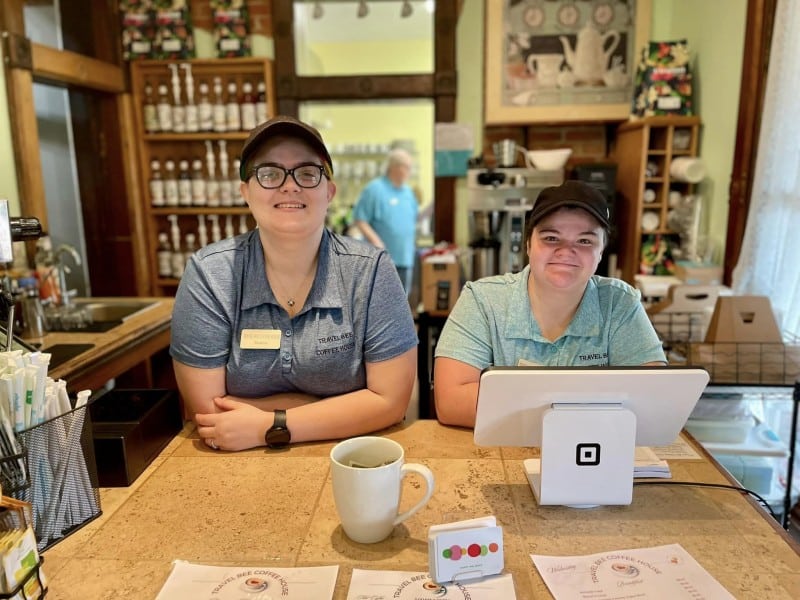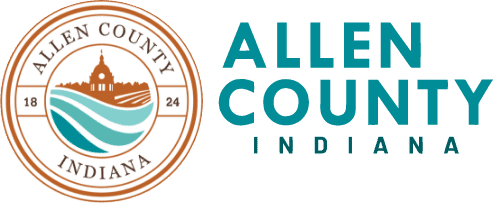Carry out for a cause: Immigrant-owned restaurants in Allen County need your support during COVID-19
Amani Family Services is calling attention to the strain of the pandemic on Allen County's international eateries.

The late food and travel writer Anthony Bourdain once said: “Food is everything we are. It’s an extension of nationalist feeling, ethnic feeling, your personal history, your province, your region, your tribe, your grandma. It’s inseparable from those from the get-go.”
This philosophy is the thread that ties together a fundraiser and awareness campaign designed to highlight the bevy and richness of immigrant and refugee-owned restaurants in Allen County. In tandem with Welcoming America’s national Welcoming Week 2020, Amani Family Services in Fort Wayne is hosting a special “Around the World in Our Hometown” event in mid-September as a local version of Restaurant Week with a twist.
The idea is to support immigrant-owned restaurants countywide that have been hit particularly hard by the pandemic—even if that means supporting them in different ways than in pre-COVID times, says Amani’s Executive Director Irene Paxia.
“Basically, what we’re doing is creating an opportunity to engage in a virtual manner with restaurants on social media,” Paxia says. “We are preparing a list of restaurants and asking the community to consider purchasing carryout from them during this week. Then we’re going to highlight various ones according to different parts of the world on different days, September 12-20.”
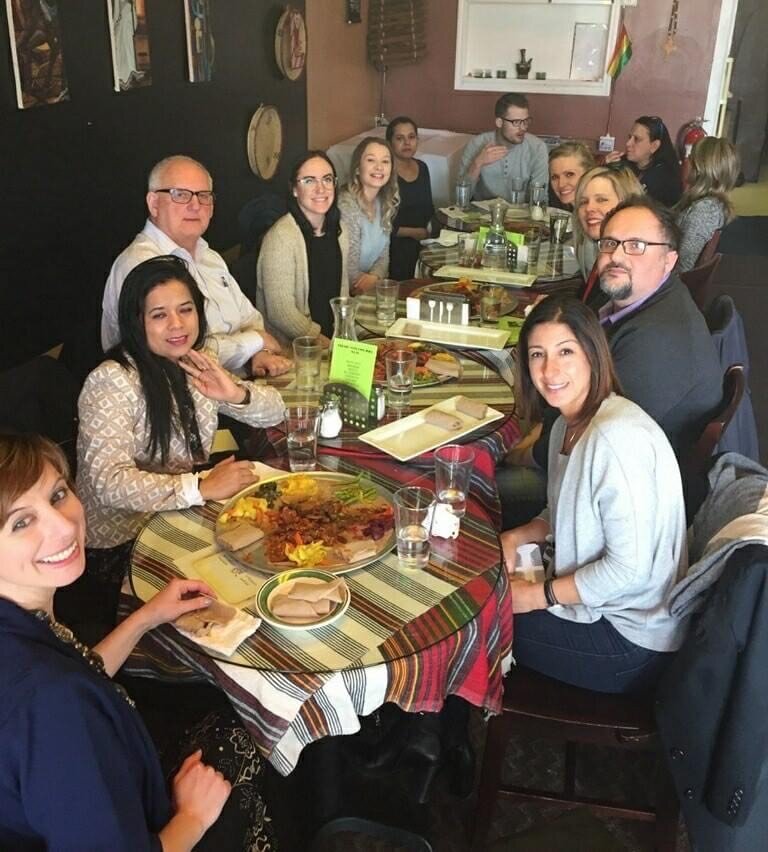
Paxia hopes the experience will inspire patrons to share and broadcast their favorite meals on social media using hashtags, photos, and positive reviews. Diners are encouraged to engage with these Fort Wayne-area restaurant owners on a deeper level, too, by contributing to an emergency relief fund for them. Amani established this fund to help cover the cost of Amani clients’ mortgage or rent, utilities, and other basic needs, which might not be met by federal assistance.
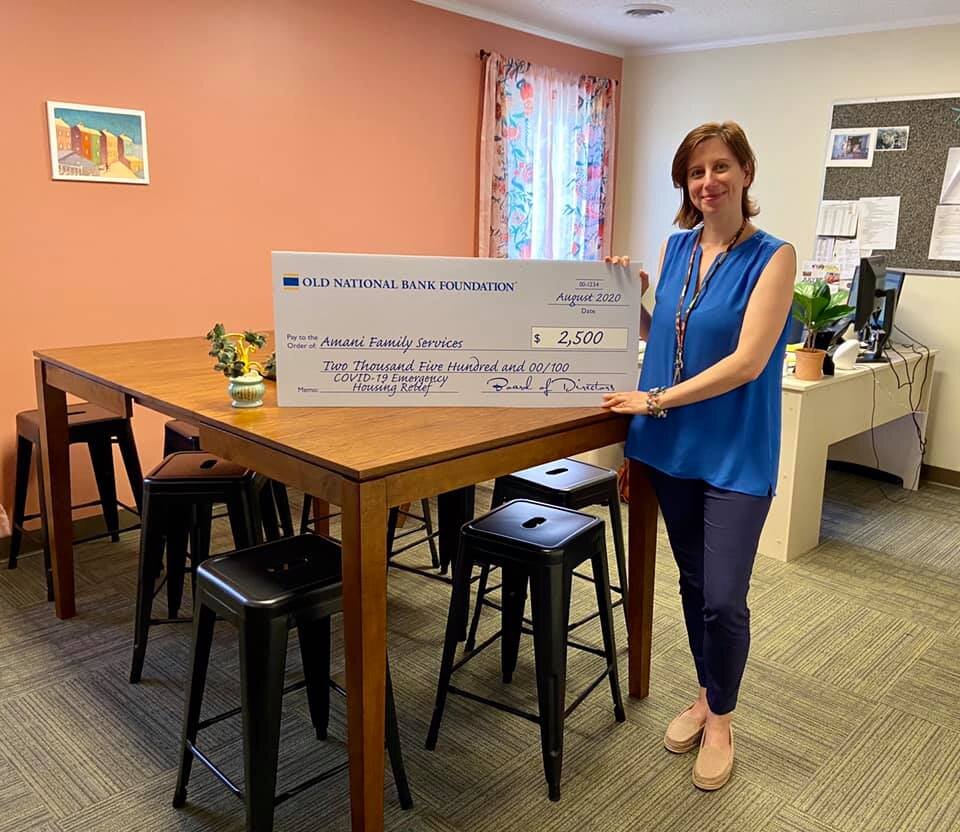
A study by the National Bureau of Economic Research shows that the early-stage effects of COVID-19 are hitting small businesses owned by people of color, immigrants, and women harder than other groups. As many as 36 percent of immigrant-owned businesses in the U.S. shuttered between February and April 2020 when the pandemic began. Another study by Yelp shows that 60 percent of all restaurant closures during the pandemic will be permanent.
Financial strain isn’t the only existential threat to immigrants and people of color during the pandemic either, says Amani’s Grant and Donor Relations Specialist Erin McCarthy. Northeast Indiana also mirrors national trends in terms of health disparities among diverse populations.
“As we’ve seen in the news, underrepresented and underserved populations have been reportedly more susceptible to contracting COVID-19,” she says. “Right now, we’re seeing that in our own community.”
For instance, demographic data released by the Allen County Department of Health shows that even though Allen County’s Asian population only makes up 4.4 percent of its total community, it represents 9 percent of all COVID-19 cases.
Health concerns on top of an economic recession mean many immigrants and refugees are in need of short-term relief to get through these times, Paxia says. In this season of need, many families are looking to Amani for assistance instead of resorting to federal programs because they might not qualify for government assistance. In this way, Amani, which moved into a new facility last fall, functions as a safe harbor for vulnerable populations across Allen County.
Now, Amani is asking the public to step up and pledge their support for the diverse, multicultural restaurants that make the city great, too.
Learn more
Follow Amani’s Facebook and Instagram pages for updates on their work, Welcoming Week 2020, and “Around the World in Our Hometown.”


